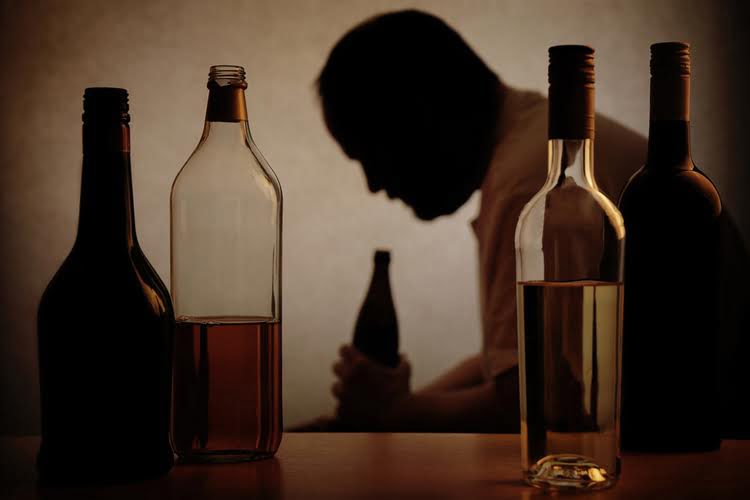But, growing up with an alcoholic mother, my most common mode of escape as a child was in fiction. Before I was old enough to simply walk out of the house and literally escape, I hid inside my room and read entire afternoons away, happily lost. Hepola spends hungover mornings piecing together the missing hours of the nights before and frequently wakes up with unrecognizable men in unfamiliar places. She eventually realizes a life of best books on alcoholism forgotten times and missing memories is no life at all, and she sets out to find her identity outside of drinking. All in all, this is an excellent quit lit story for those interested in an eye-opening perspective on alcohol’s role in our society today.
- If you’re feeling down about “missing out” on life if you cut back on alcohol or got sober, read this book.
- Dr. Maté shares the powerful insight that substance use is, in many cases, a survival mechanism.
- A Piece of Cake is her gripping tale of crashing down to the bottom and crawling back to the top.
- Healing Neen provides a personal look into the connection between incarceration, substance use, and trauma.
The Trip to Echo Spring: On Writers and Drinking

Horrified and enthralled, we see the world through Clegg’s increasingly despairing gaze—and a part of us longs as much as he does for another fix to provide some relief from the horror. Although both are worth reading, it’s the first I find myself returning to, marvelling at its ability to conjure the insanity of addiction from inside its diabolical reality. 2009’s Lit is the volume that deals with Karr’s alcoholism marijuana addiction and desperate search for recovery. It can be read alone, but why would you want to miss out on reading all three in order?
The Unexpected Joy of Being Sober by Catherine Gray
I am, probably, by way of my history, more attuned to picking up on it than others. Formally masterful and inventive, The Chronology of Water features poetic, non-linear prose that flows in and out of Yuknavitch’s experiences with parental violence and neglect, child loss, unmet expectations, and drugs and alcohol. The author, once a promising competitive swimmer with a scholarship, leaves behind a dysfunctional home only to fall into known destructive patterns, experimenting with self-destructive forms of escape.

The best books on London’s Addictions, recommended by Dr Matthew Green

This is a must-read for anyone seeking a compelling and honest portrayal of the journey towards recovery from alcoholism. For now I’ll mention one more convention of addiction memoirs, although it differs slightly from the others because it’s more directly concerned with how they’re read than with how they’re written. The pleasures we expect from the form range from the https://ciunjungnews.my.id/2025/02/20/10-powerful-ways-to-prevent-relapse-and-maintain-2/ edifying (empathy, inspiration) to the unseemly (voyeurism, vicarious transgression) to mention just a few. But many readers —like the one I was during my time in rehab in 2015—also come to it seeking something often considered antithetical to art. I mean help, whether in the form of identification, solace or instruction. I said this convention concerned reading more directly than writing, but—since all good writing involves deep sensitivity to the reader’s experience—the two things are ultimately inseparable.
- So many of us look at “blacking out” as benign, or normal—an indicator of a “successful” night of drinking.
- In it, he confronts the fuzzy parameters of truth as it pertains to memoir by acknowledging his supreme unreliability as a narrator and reporting his own story out by interviewing over 60 people who dealt with him during his darkest days.
- It got me thinking the one thing I never wanted to be true… maybe it is the alcohol that’s making me so miserable?
